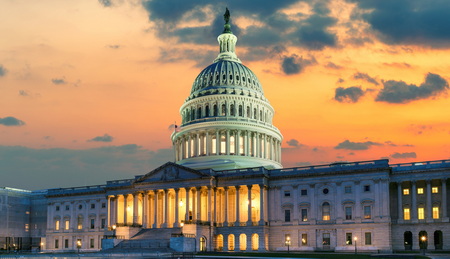Proposed carried interest regulations released by the Treasury Department on July 31 would implement the three-year holding period requirement enacted in the Tax Cuts and Jobs Act (TCJA) of 2017. TCJA restricted eligibility for the reduced long-term capital gains rate in the case of certain capital gain allocated to a profits interest in a partnership if the investment is held for less than three years.
- The proposed rules under section 1061 represent the first formal Treasury regulations on the issue of carried interest since it emerged as a controversial political issue in 2007.
- The 3-year holding period requirement reflects a compromise approach developed by key tax-writers during the 2017 tax reform debate.
- Members of The Roundtable’s Tax Policy Advisory Committee (TPAC) reviewed and discussed the proposed carried interest regulations on August 3. Critically, the 3-year holding period would not apply to property used in a trade or business (section 1231 gain). In addition, the rules would permit REITs to report capital gains dividends in a manner that facilitates look-through treatment. Thus, REIT shareholders could take into account whether the underlying REIT gain relates to property that meets the 3-year requirement or relates to property excluded from the rule because it gives rise to section 1231 gain.
- Certain other aspects of the proposed rules appear less favorable. For example, the regulations take an expansive view of what constitutes an “applicable partnership interest” subject to the regime. The exemption for capital gain that relates to a partner’s capital interest involves complex rules and restrictions that may complicate its use. The regulations appear to import a rule from pending legislation that would prevent partners from crediting partnership capital contributions that are attributable to a loan from other partners or the partnership.
- Other important aspects of the new regime including detailed rules for: determining the “recharacterization amount” and the applicable holding period, anti-abuse measures, and reporting requirements.
A TPAC working group will be convening in the days ahead to develop comments and recommendations for Treasury and IRS officials related to the proposed regulations.
# # #




